Rural community development specialist expands service-learning in Missouri and South Africa
Associate Professor of Health Sciences and Public Health, University of Missouri
Fulbright U.S. Scholar to South Africa
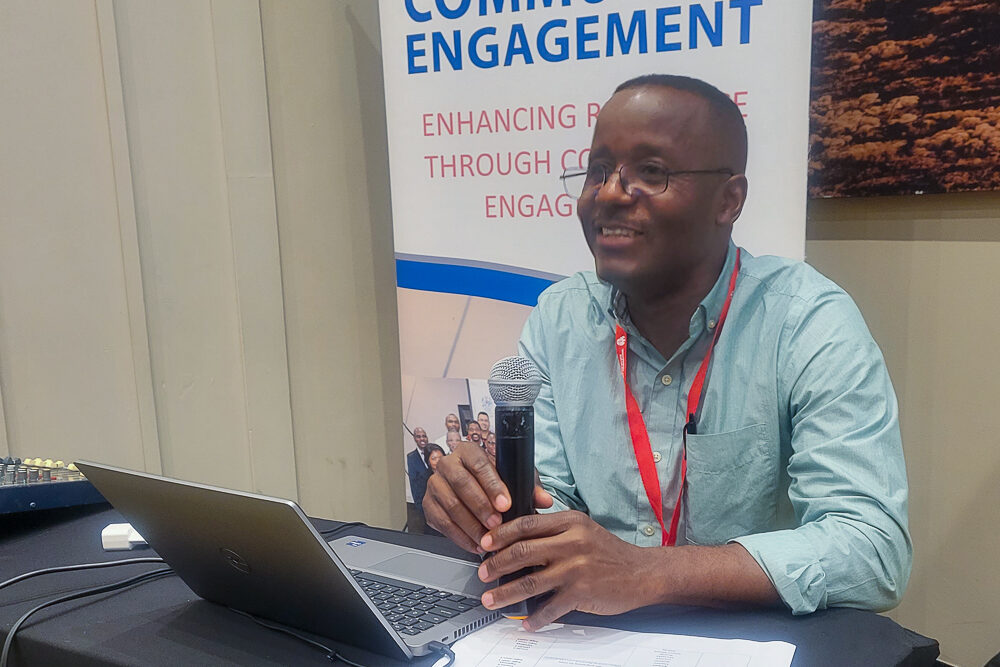
Dr. Wilson Majee, PhD, MPH, MBA, has devoted his life and career to helping young people improve their lives and contribute to society. As an associate professor at the University of Missouri, he conducts research into the causes that contribute to decreased youth participation in the global labor force. In 2023, he received a Fulbright award to South Africa, which enabled him to share his approach to designing programs to meet community needs, and his expertise in engaging youth with programs and services.
Majee has brought the benefits of his experience back home to Missouri, where he teaches courses in health and community services and global health. Following his Fulbright, he brought U.S. students to South Africa for health science internships, designed a new study abroad program to Ghana, and continued his research collaborations with colleagues abroad. He also conducted two follow-on programs in South Africa, and explored new ways to engage youth in Missouri through churches and community centers.
Majee’s goal is to be a community development practitioner and researcher with a heart, observing that “the challenges the youth face growing up [in South Africa]—and the difficulties they have in accessing resources that can help address those challenges—were huge.” He also believes in the value of engaging youth in program design and implementation, saying, “Nothing for youth without the youth.”
Majee began his career as a community development specialist with the University of Missouri Extension, working with rural Missouri schools on healthy living, leadership, and responsible citizenship. When he joined the faculty of the University of Missouri’s College of Health Sciences, he began to research causes that contribute to decreased youth participation in the global labor force. With a collaborator in South Africa, he conducted a study with young people in Missouri and South Africa to explore the underlying economic, social, and health issues that lead to high-risk behaviors, substance abuse, and crime. The study found that “a lack of educational opportunities, combined with other factors – such as a lack of motivation, absent adult role models and few recreational activities – compound to create feelings of hopelessness and despair in young people.” It was these findings that inspired him to pursue a Fulbright to South Africa and to develop programs to help youth access education and resources.
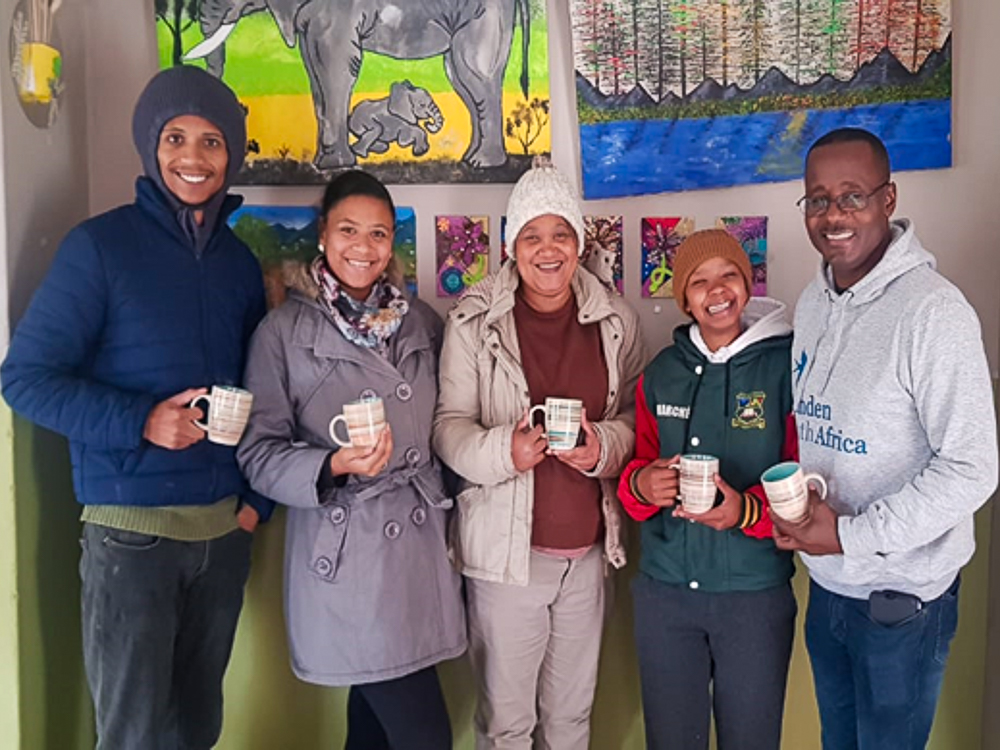
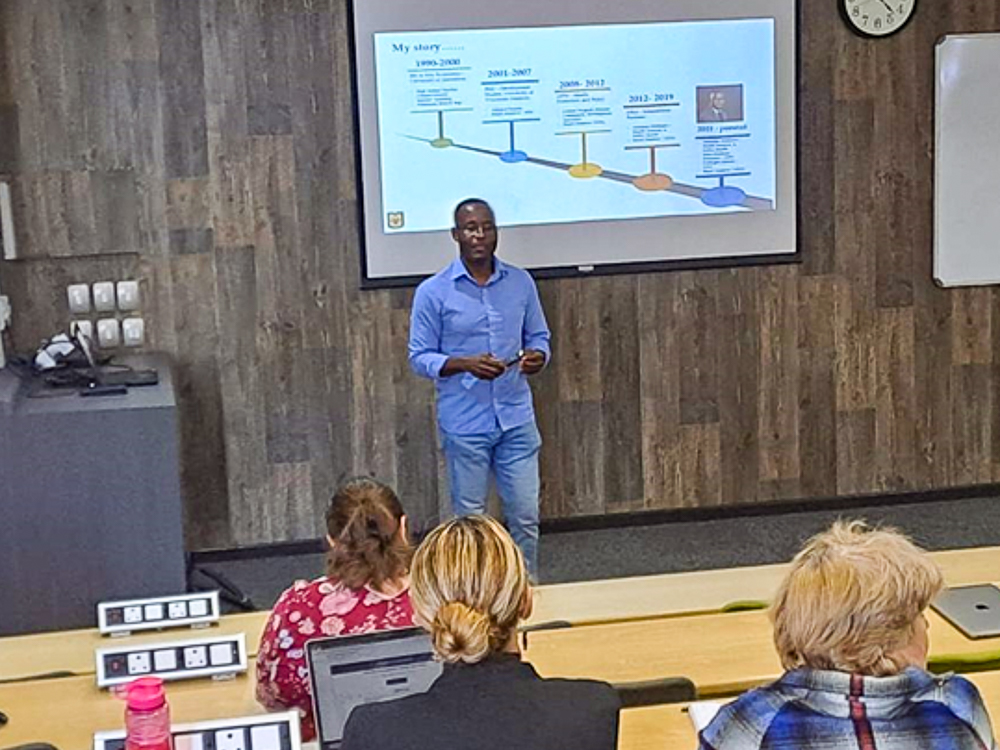
Through his Fulbright, Majee taught at the University of the Western Cape, gave lectures, spoke at conferences, and collaborated with colleagues to explore ways to deliver health services to rural communities. He conducted surveys and interviews in six rural communities to explore the experience of low-income young adults in their transition to parenthood. He also received a Fulbright Regional Travel Program award to visit the University of Health and Allied Sciences in Ghana. Through these experiences, he was able to provide critical services to communities in need, while also creating partnerships for future exchanges with institutions in Missouri.
Fulbright helped Majee to establish valuable connections that continue to bear fruit. As a follow-on project, he teamed up with experts at the University of Missouri Extension and the University of Missouri-St. Louis to adapt and scale their Neighborhood Leadership Academy (NLA) program for an international context. In May, 2024 he travelled to South Africa with two University of Missouri Extension professionals to conduct an intensive two-week leadership and community-building program for university and NGO leaders, and community members.
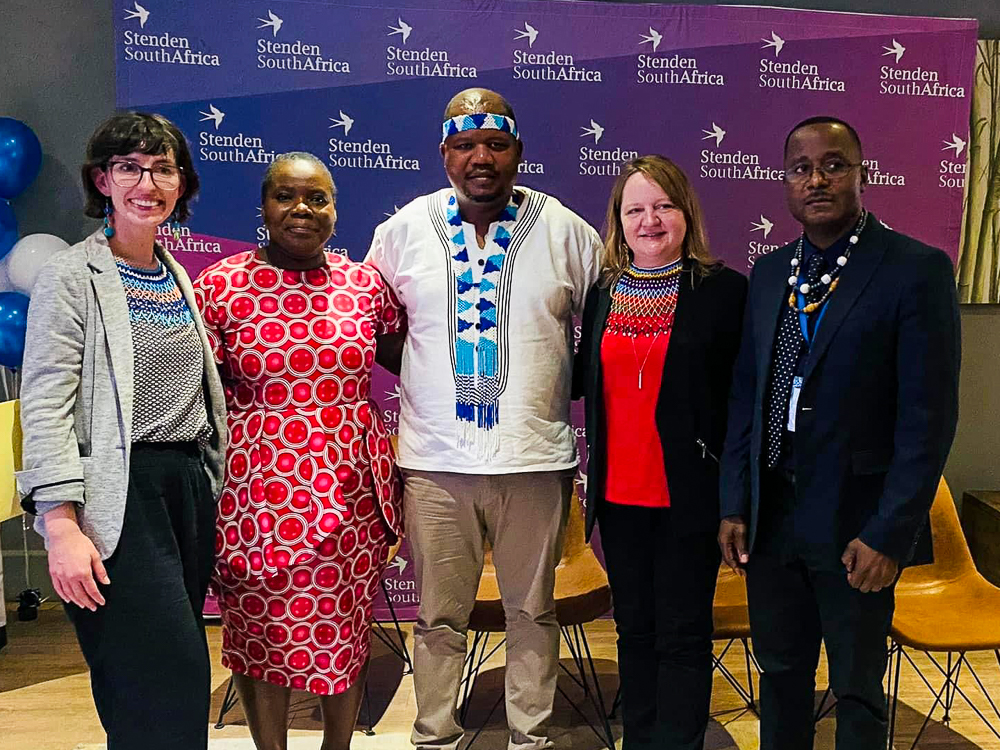
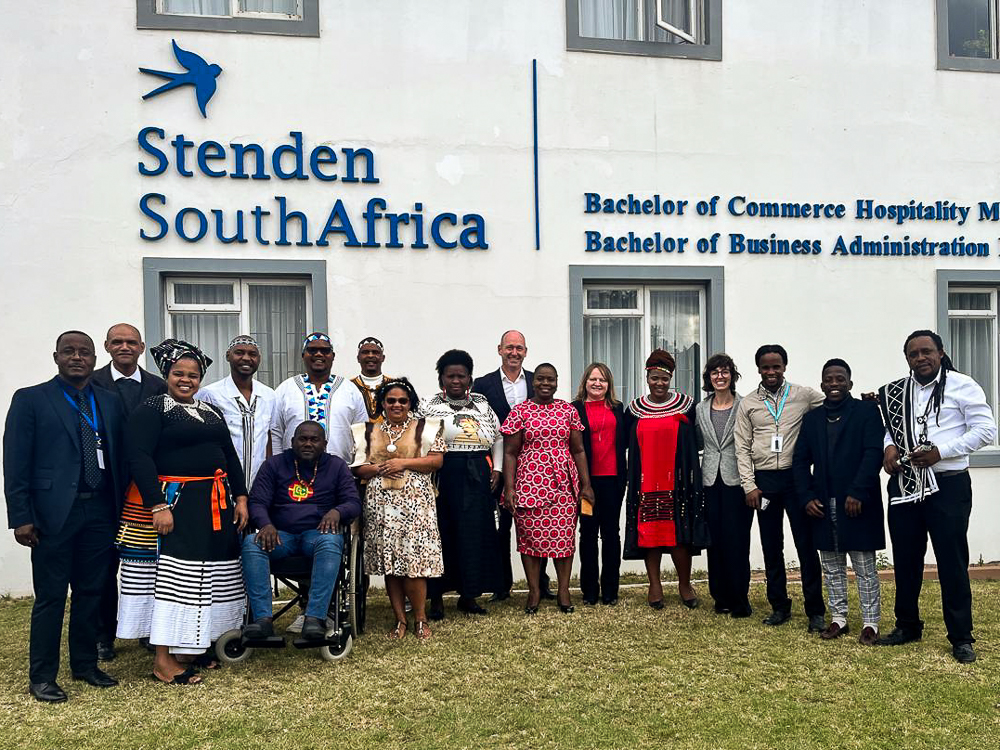
According to Claire Rippel, the University of Missouri Extension’s community development education director, the NLA activates residents who want to see a change in their neighborhoods in St. Louis and surrounding rural communities. The South Africa program was the first international iteration. The program has helped residents to execute successful projects—from a community garden to a youth handball league, a daycare, or a neighborhood watch group. These programs also help participants develop vital individual leadership skills. Rippel said that knowing that they are part of a broader network of neighborhood leaders spanning from Missouri to South Africa heightens the value of what the participants are doing and demonstrates that the issues they face are universal.
Majee’s Fulbright experiences reinvigorated his community engagement work in Missouri. He reflects that “the benefits are becoming more evident as I get more involved with the leadership and community efforts in the Saint Louis area.”
Majee serves on the board of the Creating Whole Communities program in St. Louis, which provides seed funding to community members to implement projects they design. He is making plans with the United Methodist Church to speak at their annual gathering of youth from across the state, and he is exploring ways he can work with a youth-serving community center in rural Missouri.
Fulbright U.S. Scholar Program and Fulbright Regional Travel Program
The Fulbright U.S. Scholar Program sends U.S. scholars and professionals to approximately 130 countries, where they lecture and/or conduct research in a wide variety of academic and professional fields. Current faculty, administrators, and experienced professionals are encouraged to apply.
The Fulbright Regional Travel Program provides an opportunity for Fulbrighters in Sub-Saharan Africa to expand their network, disseminate research, and support other institutions through workshops, presentations, lectures, performances, exhibits, and discussions over the course of a short-term visit to another country within the region. Fulbright Scholars apply for this award once they are already in the host country on their Fulbright U.S. Scholar award.